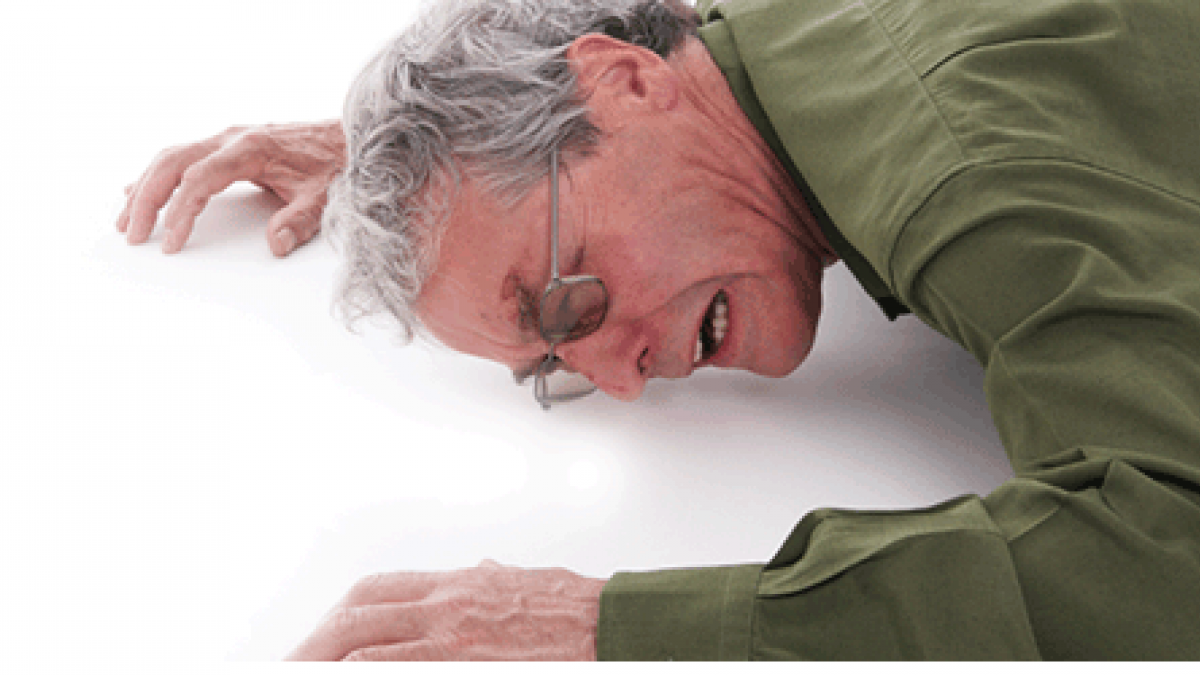A new report warns physiotherapists that falls risk screening or prediction tools are not an accurate enough assessment device and should not be used in hospitals.

The Royal College of Physicians’ National Audit for Inpatient Falls assessed 5,000 falls, and shows that although prevention across England and Wales has improved slightly, many patients are not receiving the right assessments that can help prevent harm.
The audit reveals that since 2015, many trusts and Local Health Boards (LHBs) have stopped using ‘falls risk screening or prediction tools’ (a drop from 74 per cent in 2015 to 34 per cent).
It also records a series of incremental improvements including access to mobility aids within a patient’s reach (up from 68 to 72 per cent), delirium assessment (37 to 40 per cent) and measurement of lying and standing blood pressure (16 to 19 per cent).
However, there was no overall change in other areas to prevent falls in hospital including: continence and visual assessment, call bells within reach and medication reviews.
As well as stressing that fall risk prevention tools should not be used the report also recommended:
- Where rates of visual impairment assessment are low in the local audit result, consider using the RCP clinical practice tool to standardise practice.
- If rates of measurement of lying and standing blood pressure are low in the local audit result, consider using the RCP clinical practice tool to standardise practice.
- Trusts and LHBs to consider developing a workable policy to ensure that all patients who need walking aids have access to the most appropriate type from the time of admission, 24/7.
- Trusts and LHBs should ensure that all falls in hospitals are reported with the correct level of harm.
CSP head of research and development Ruth ten Hove said: ‘We fully support the recommendations for multi-factorial risk assessment that assessed strength, balance hearing and so on.
‘I do find it a little bizarre that the report rejects risk assessment tools entirely.
‘If they are simply used as a tick-box it’s a waste of time but these tools do give clinicians a check list as to what problems they should be looking for.
‘Some four per cent of patients in hospital suffer a fall that leads to hip fracture – a significant number – there will always be falls in hospital as patients get up and about as they recover but it’s about providing an environment that does the utmost to mitigate against serious injury.’
Find Out More
Number of subscribers: 0